Staff and students at Dundee University had a bumper year of cutting-edge success – despite the financial crisis facing the institution.
Researchers at the university are among the most cited experts in the world.
And even though there is a £30 million blackhole in the institution’s balance sheet, 2024 saw academics and students achieve huge strides.
Here we take a look at three groundbreaking wins from across the campus.
1. Pioneering unit leads the way on finding cures for cancer and Parkinson’s
Dundee University’s MRC Protein Phosphorylation and Ubiquitylation Unit (PPU) might not have the most catchy name, but the work under way at the research centre is often headline-grabbing.
The 200-strong community of researchers is at the forefront of identifying new treatments and cures for diseases once thought incurable.
The work of the unit was key to the development of over 40 new drugs being used to treat patients, including one for skin cancer.
And work is under way on conditions such as Motor Neurone Disease to Crohn’s, searching for treatments by understanding how signals are transmitted within the body’s cells.
Professor Ian Ganley, one of the unit’s boffins, received a prestigious award for his work there.
Other scientists at the university are also set to lead a new global Parkinson’s disease initiative.
With tens of millions of dollars of grant support, the project will focus on bridging basic science advances to industry-led drug development.
2. Fifth Dundee graduation for world’s first forensic jeweller
Students at the university have also contributed to a world-class reputation.
One, Dr Maria Maclennan, graduated for the fifth time in October picking up a masters in forensic art and facial imaging at the Caird Hall.
The qualification means Maria can now reconstruct the face of a deceased person, adding another technique to her skillset which previously saw her become the world’s first forensic jeweller.
She uses her expertise to link artefacts found at crime scenes and tragedies to the deceased.
This unique knowledge has seen her called to respond to tragedies, from aviation disasters to terrorist incidents and collapsed buildings.
Previously, she worked on a project in Greece identifying migrants who lost their lives crossing the seas.
Dr Maclennan told the BBC: “We’re looking for clues, looking for evidence as to their identity, who they might have been, where they might have been travelling from and to, and really trying to reconstruct and give back an identity to these individuals who are either missing or have lost their lives.”
3. Vape law change
Earlier this year, PhD student and climate activist Laura Young – better known as Less Waste Laura on social media – achieved something many spend years trying to achieve.
Working with politicians, her campaign to ban disposable vapes went from the streets of Dundee where she collected to the devices to the corridors of power.
The ban is set to come into force across the UK for June next year, and Ms Young’s input ensured the laws avoided any unintended consequences from an environmental perspective.
The climate activist hopes her work in this area will inform how the law changes as new products emerge.
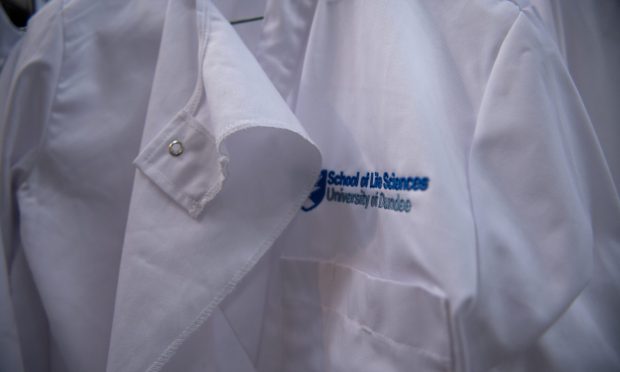
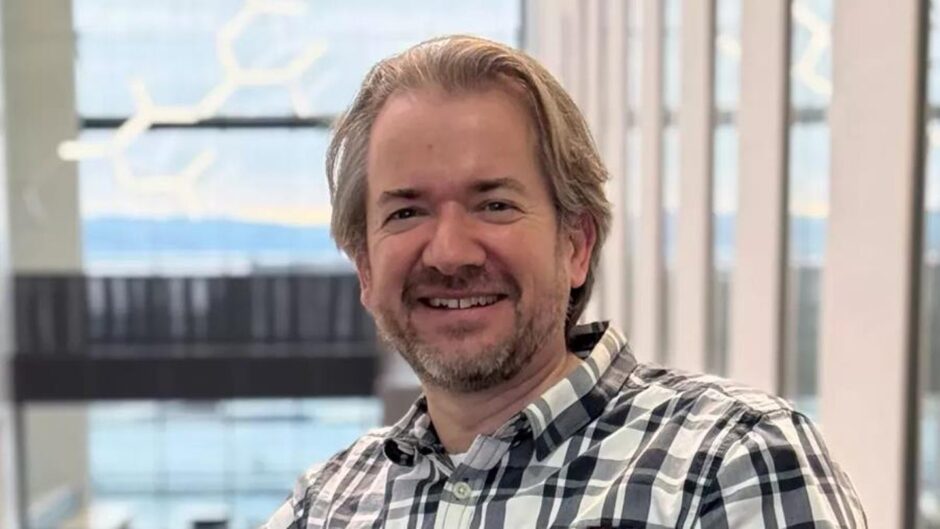
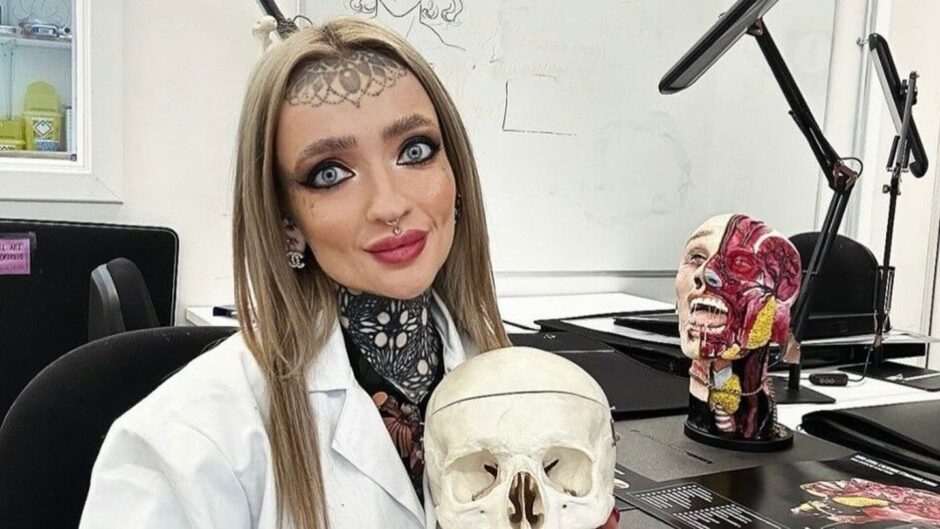
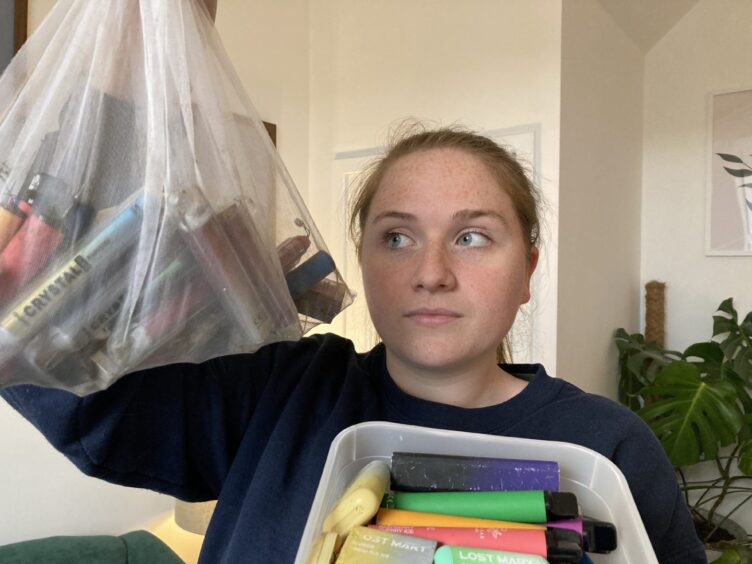


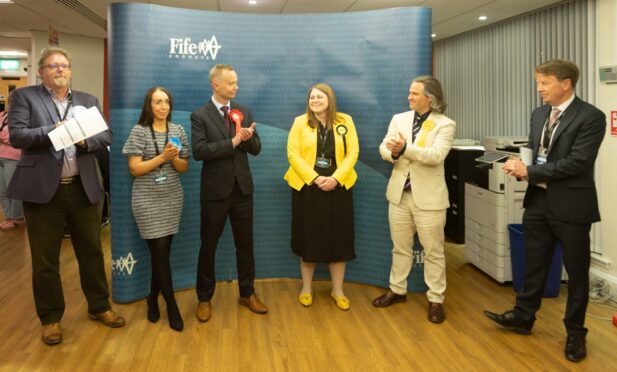


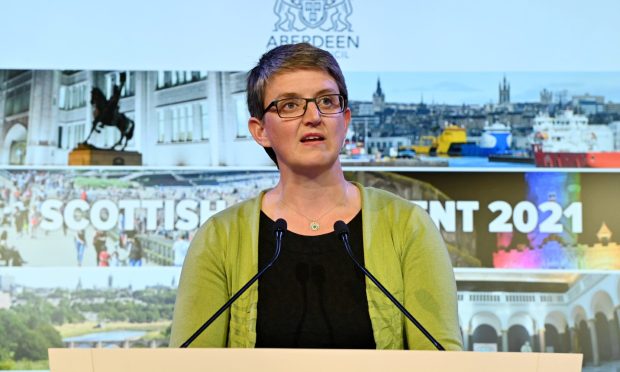
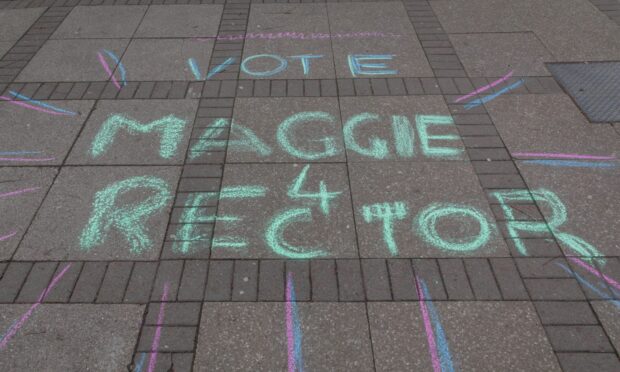


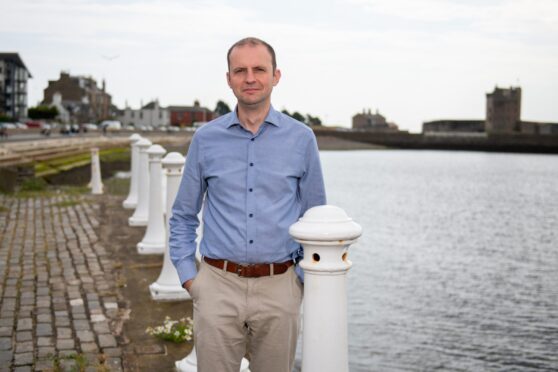
Conversation